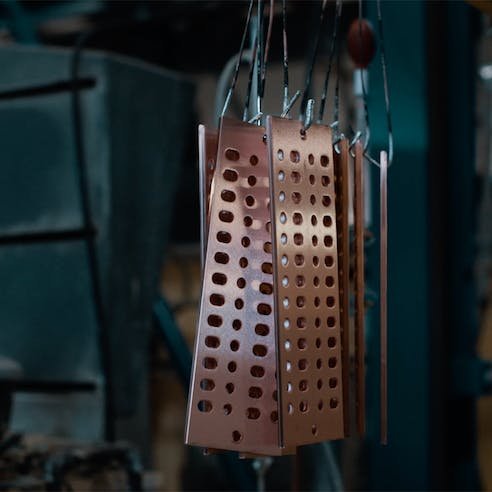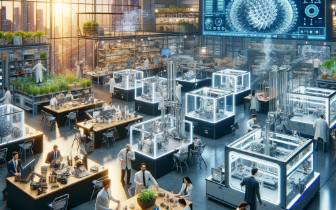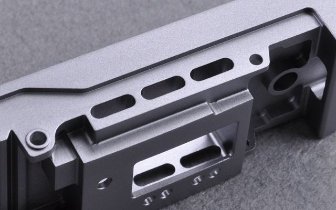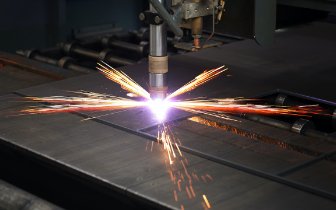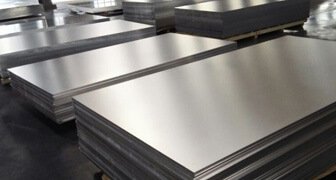Factors That Determine Machining Cost
The cost of CNC machining projects are influenced by several factors that significantly affect the overall cost calculation. Understanding these factors is crucial for manufacturers seeking to optimize their processes and manage expenses effectively. Let's explore the key elements that determine machining costs:
Material Selection
The choice of raw material has a direct impact on machining costs. Different materials have varying costs, availability, and machining characteristics. High-performance alloys, for example, may be more expensive than common metals. Additionally, the availability of specific materials can affect their pricing. When calculating machining expenses, it's essential to consider the material type required for CNC machined parts and its associated cost.
Complexity of Design
The complexity of the machined part or component plays a crucial role in cost determination. Parts with intricate features, tight tolerances, and complex geometries often require more advanced machining techniques, specialized tooling, and longer machining time. These factors increase the overall cost due to the additional precision and expertise required to produce such complex components.
Machining Time
Machining time is a critical factor in CNC cost calculation. The longer it takes to machine a part, the higher the cost. Machining time includes cycle time (time spent cutting the part), setup time (preparation and tool changes), and overall production efficiency. Optimizing machining processes to reduce cycle time and improve setup efficiency can minimize costs and increase productivity.
